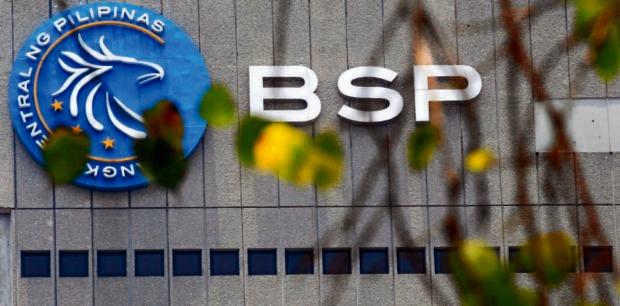No BSP rate cuts on horizon just yet
MANILA, Philippines –Whether inflation—the increase in the prices of goods and services that average households usually purchase —is firmly on a downward trajectory is still uncertain, but the policy rate of the Bangko Sentral ng Pilipinas (BSP) is now seen to have stopped rising albeit not receding anytime soon.
Standard Chartered Bank said in a statement that while a cyclical easing of price pressures is now taken for granted, “it is unclear whether inflation can slow on a sustained basis.”
The United Kingdom-based banking group said core inflation—which excludes items whose prices change more quickly or are volatile, such as food and energy—had remained sticky or persistently high in some markets.
According to the Philippine Statistics Authority, core inflation across the country averaged at 6.8 percent so far this year, from January to November.
READ: PH inflation slows further, moves closer to target
In the same period, headline inflation, which includes food and energy, averaged at 6.2 percent.
Standard Chartered Bank said high core inflation signals persistent underlying pressures. “Structural factors—including higher fiscal deficits, the cost of the climate transition and recent under-investment in fossil fuels—could keep inflation higher than during the pre-COVID period,” the bank said.
“Oil prices and geopolitical conflict are also sources of upside inflation risk,” it added.
READ: Interest rates must stay ‘higher for longer,’ says IMF
In a report that is based on the latest assessment of the Philippine economy, the International Monetary Fund suggested that the BSP policy should remain restrictive until inflation “fully returns to target” range of 2 percent to 4 percent. INQ

